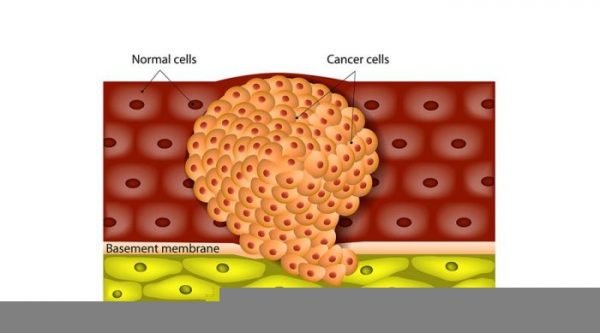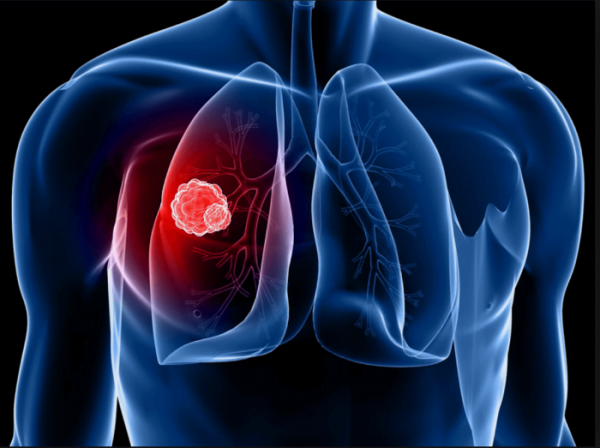ABOUT PROSTATE CANCER TREATMENT
Prostate cancer occurs in the prostate gland, which is a part of the male reproductive system. Cancer occurs when there is an abnormality in cell growth which causes the cells to divide and grow quite quickly when the cell should die to make room for new cells.
Prostate cancer is one of the most common types of cancer to occur in men. Factors which may increase the chance of being diagnosed with prostate cancer include obesity, race, a family history of prostate cancer, and age.
Some patients may experience symptoms of prostate cancer such as erectile dysfunction, difficulty urinating, blood present in the semen, or delays or disturbances when urinating. While symptoms may present for some patients, not all patients will have symptoms. For the patients who do not have symptoms, the cancer is usually detected during a biopsy.
Once diagnosed with prostate cancer, the doctor will assess the cancer and determine what stage the cancer is at, whether or not it has spread beyond the prostate gland, and the type of cancer that the patient has. The treatment options will depend on the size and type of cancer the patient has and on whether or not it is confined to the prostate gland.
The treatment options include surgery (a prostatectomy is most commonly performed), radiotherapy, brachytherapy (an internal type of radiotherapy), hormone therapy, chemotherapy, and high-intensity focused ultrasound (HIFU). Many patients may choose to get a second opinion before deciding on their treatment plan.
The amount of time the patient will need to spend abroad and in the hospital will vary depending on treatment. If undergoing radiotherapy or chemotherapy, the procedure is most often performed on an outpatient basis over the course of a few weeks, meaning the patient will leave the hospital on the same day as treatment but will require multiple sessions. Patients undergoing surgery such as a prostatectomy, may need to stay in the hospital for 2 to 4 days after the surgery.
TIME REQUIREMENTS
- Number of days in hospital: 1 – 5 days.
The number of days required in hospital varies with each treatment. Patients undergoing chemotherapy will leave on the same day wheres those undergoing surgery may require a longer stay.

HOW TO FIND QUALITY TREATMENT ABROAD
BEFORE PROSTATE CANCER TREATMENT ABROAD
Before undergoing any treatment, the patient will first meet with the doctor to discuss the treatment. The doctor may order a number of tests such as an ultrasound scan, a prostate biopsy, a CT (computerized tomography) scan, or an MRI (magnetic resonance imaging) scan if these tests have not already been performed. The tests will help the doctor to devise a suitable treatment plan for the patient.
If the patient is undergoing surgery, the doctor will usually advise to refrain from eating and drinking in the hours preceding the surgery, in order to prepare for the general anesthetic.
HOW IS IT PERFORMED
How the treatment is performed, depends on the type of treatment chosen by the doctor and patient. In many cases, treatments may be combined.
Surgery usually involves removing the prostate gland and the procedure is referred to as a prostatectomy. A prostatectomy, which is categorized as a radical or simple prostatectomy, can be performed laparoscopically or as open surgery and the patient is administered with a general anesthetic.
A radical prostatectomy is usually performed laparoscopically, which involves making a number of small incisions in the stomach, through which an endoscope is inserted and used to remove the prostate gland using camera guidance. Laparoscopic surgery can also be performed using robotic assistance, which can make smaller incisions that are more precise, meaning even shorter recovery times.
A simple prostatectomy is performed through open surgery. This type of surgery involves making an incision either in the abdomen, which is referred to as the retropubic approach, or in the perineum, the area between the anus and the scrotum, which is referred to as the perineal approach. The retropubic approach is more commonly used and often involves removing the lymph nodes as well as the prostate gland and can leave the nerves intact. The perineal approach is less frequently used, as the lymph nodes cannot be removed, nor can the nerves be spared.
Radiotherapy is a high-energy radiation treatment used to treat cancer. It can be performed externally or internally. In treating prostate cancer, brachytherapy, which is a form of internal radiotherapy, may be used. Brachytherapy involves implanting radioactive material, usually in the form of seeds, into the prostate gland. The seeds are left inside the body until the cancer is cured, or until the cells have decreased, depending on the goal of treatment. They are then removed once they have served their function. There are also permanent types of implants, meaning they are not removed after the treatment, however they cause no harm in being left inside the body.
Hormone therapy is another form of treatment which is administered as medication. The hormones given to the patient aim to prevent the body from producing testosterone. The cancer cells need testosterone to survive and continue growing and by preventing testosterone from being produced, the cells will not be able to grow and will likely die. In some cases, as a means of preventing the production of testosterone, the testicles may be be surgically removed.
Chemotherapy is the use of medicine or drugs that contain chemical substances to treat cancer. There are various methods of administering chemotherapy which include intravenous (IV), intra-arterial (IA), or intraperitoneal (IP) injections. Chemotherapy can also be given orally or applied using topical creams.
High-intensity focused ultrasound (HIFU), a relatively new procedure used to treat cancer, is a procedure that involves applying high-intensity focused ultrasound energy to specific areas of cancer. The procedure is performed under a general anesthetic and involves inserting an ultrasound probe into the rectum and directing the beams at the prostate which heat up the targeted tissue and cells and destroys them.

Possible discomfort
If undergoing chemotherapy, patients may feel nauseous and exhausted after the treatment.
IMPORTANT THINGS TO KNOW ABOUT PROSTATE CANCER TREATMENT
Potential risks
- Infection
- Bleeding
- Urinary tract infection
- Damage to the rectum or urethra
- Weight gain
- Loss of sex drive
- Urinary incontinence
- Erectile dysfunction
*Associated risks vary and depend on the chosen method of treatment















